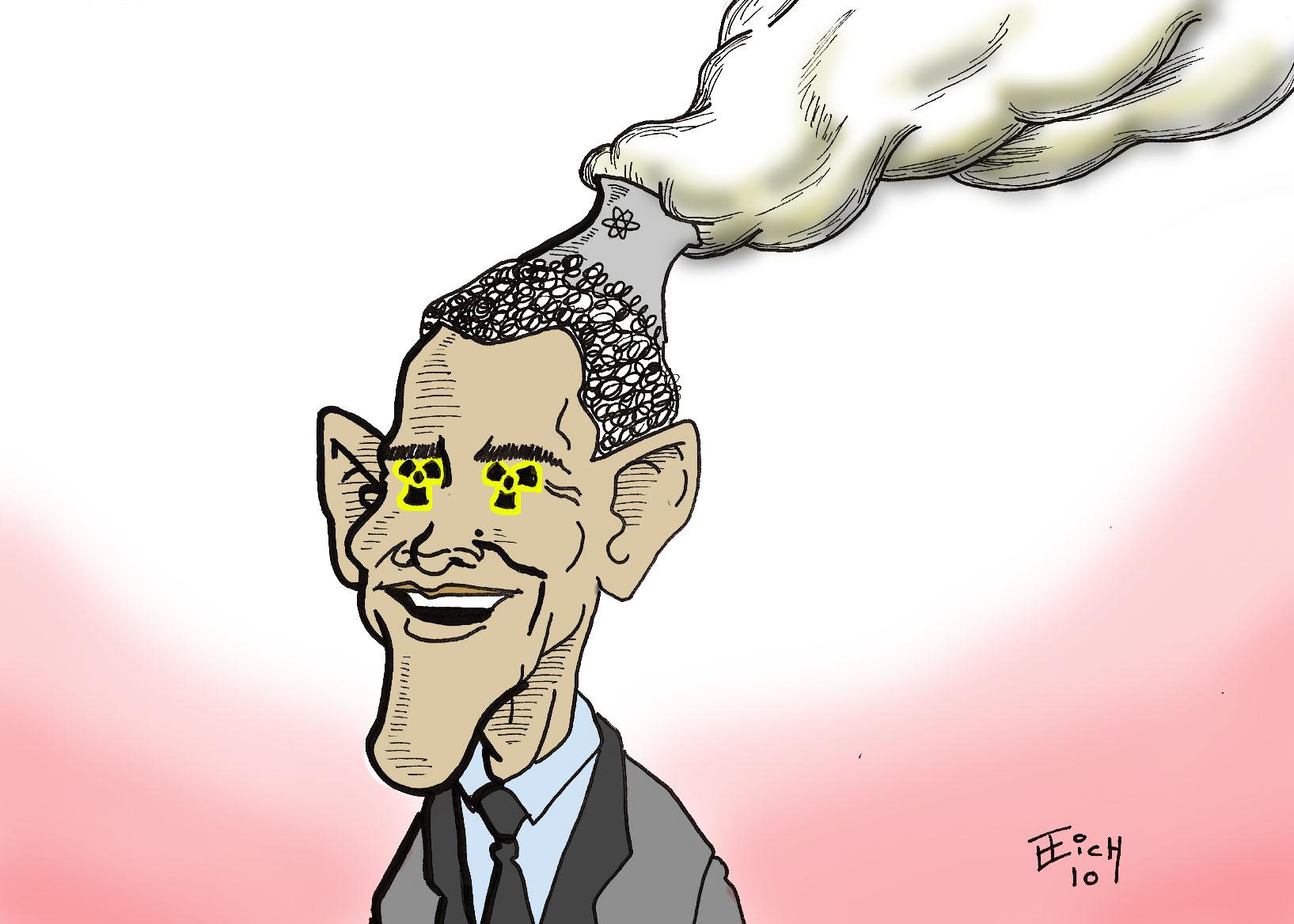“There will be those who welcome this announcement, and those who strongly disagree with it,” President Barack Obama said last Tuesday. This statement was in reference to his administration’s plan to fight climate change with nuclear energy.
Last Tuesday, Obama announced that he would give about $8 billion in government-loan guarantees to Southern Co. so it can construct a nuclear power plant in Georgia.
These loan guarantees will help break ground on the first nuclear power plant built in the United States in more than 30 years.
Obama continued his statement by saying, “But what I want to emphasize is this: Even when we have differences, we cannot allow those differences to prevent us from making progress.”
The president understands the nature of his decision. Nuclear energy, possibly the pinnacle of human achievement, has harmed the lives of many. From Three Mile Island, Pennsylvania to Chernobyl, Ukraine to even Hiroshima and Nagasaki, nuclear power has always been something humanity has feared.
We acknowledge these concerns. Yet just as President Obama welcomes the chance of clean energy, we welcome it.
Southern Co. will not be the only company that receives these types of loans. The Obama administration aims to spread production across the U.S. in an effort to curve climate change.
How can nuclear power curve climate change? The answer to this question is a bit technical.
Nuclear power plants operate using nuclear fission. What is nuclear fission? In nuclear fission a Uranium atom — one of the heavier atoms on the periodic table — is typically struck with a “slow moving” neutron, causing the Uranium atom to split into two separate, but, lighter atoms.
The key is that the sum of these two atoms actually weighs less than the original Uranium atom. Don’t ask us why? If you’re curious take a physics or chemistry course. Nevertheless, the leftover mass is converted into energy, which heats water, creating steam that spins turbines and produces electricity — clean and not too complicated.
The dangers of this process, however, are great and this is why so many are concerned about the increase of nuclear power plants. If a nuclear reactor is not cooled properly it may over heat and literally melt away, sending nuclear waste all over its surroundings. The greater example of this incident was in Chernobyl.
There is nothing wrong with fear, irrational or not, but this fear should not get in the way of human advancement. According to the World Nuclear Association the only radiation linked fatality in the history of commercial nuclear power was in Chernobyl.
The increase of nuclear power plants in the U.S. will not unilaterally offset climate change but it will take us in that direction. We hope that this move by the Obama administration will open a frank discussion on this issue.
Nuclear power, whether by way of nuclear fission or some other manner, is at our horizon. The sun provides energy for most of our planet — why not mimic a process similar to the way the sun makes its energy?




